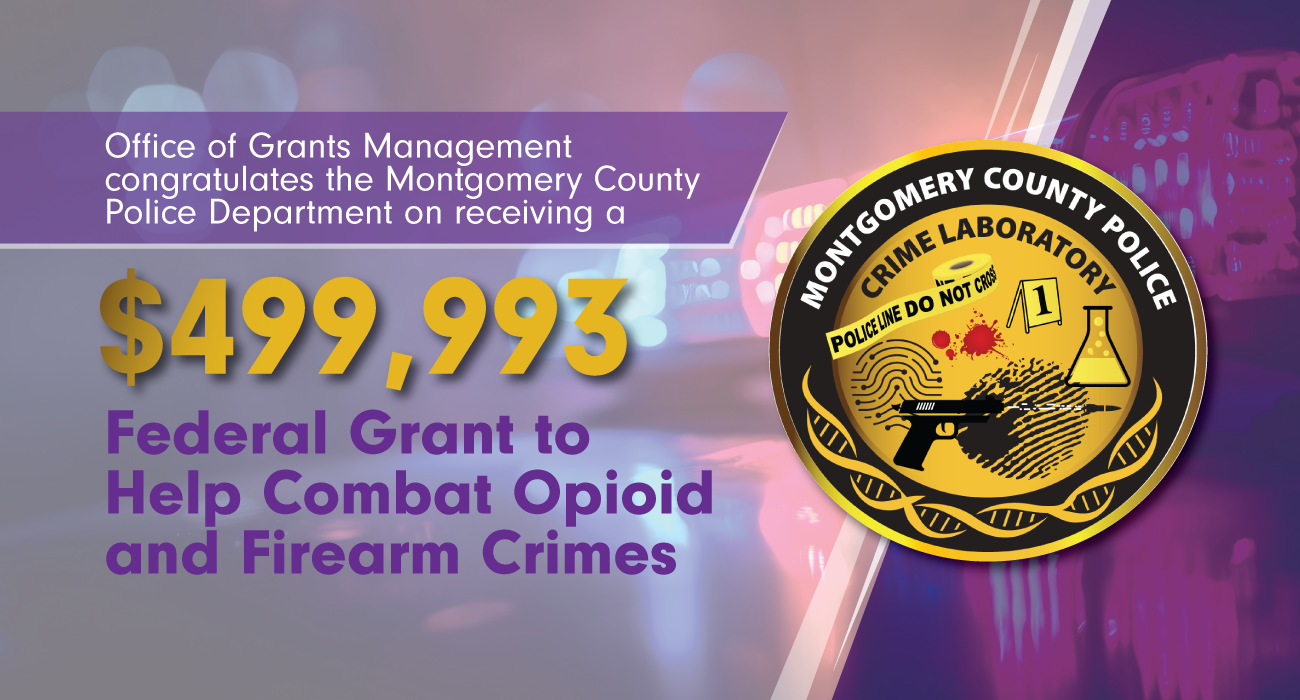Happy September!
The beginning of Fall is officially here! Bring on the Octoberfest beers, the
pumpkin spice lattes and…the Christmas decorations in every store. I admit
that last part is a little bit confusing.
The first three quarters have been very good for Sunflower and we have been
really excited to welcome so many new wonderful clients, as well as some new
team members.
Amazingly, there are just 4 months left in 2022. If you are interested in
completing a grant in the fourth quarter and setting yourself up for success in
early 2023, please be in touch with anyone on the team!
Do you need a grant for any of these unique opportunities?
September is Hispanic Heritage Month and Self Improvement Month!
September 2: VJ Day, World War II
September 3: National Tailgating Day
September 17: Citizenship Day
FACT
A question I get asked from time to time is what is the most important quality
in a grant writer?
Without a doubt it is being organized.
Grant writers are often balancing multiple clients and multiple projects, all with
deadlines, and if you don’t have a solid system of organization, you will fail,
fast.
TIP
Grant witting is a combination of creative writing and technical writing. When
looking for a grant writer, strive to find someone who is strong in both areas.
TRICK
People often ask if they should use the first or the third person in grant
writing. The answer is: BOTH. This allows you to capture the unique nature of a
grant, the particular nature of the application you are completing, the skills
you are bringing to the table as a writer and allows you to be both formal and
more familiar in your application at the same time.
GRANT OPPORTUNITY
THE DAUGHERTY FOUNDATION
This is an important Foundation in the Omaha area. Funding is determined on
a rolling basis.
Funding Priorities
Robert B. Daugherty Foundation is a private foundation established to provide
charitable grants to worthy tax-exempt organizations that conduct charitable,
scientific, cultural, religious or education activities exclusively. The Foundation
gives preference to organizations which will use and apply substantially all of
the charitable grant in the State of Nebraska and particularly in the greater
Omaha area.
Dos and Don’ts of What They Fund
DO
- One-time grants, which are single-year grants for a specific purpose;
- Multi-year grants, which are commitments for funding to be paid in increments over a period no longer than three years;
- Start-up program grants;
- Capital campaigns
- Challenge or matching grants. Grant proposals that have matching funds available are given preference over proposals without matching funds.
DON’T’S
- Grants to individuals for any purpose;
- Grants to religious organizations for religious purposes;
- Grants to international organizations that do not have a qualified domestic 501(c)(3) representative;
- Grants to private foundations (other than operating foundations);
- Grants to endowments or other discretionary funding pools;
- Grants for dinners, galas, or other events;
- Grants prohibited by IRS regulations.





Leave a Reply